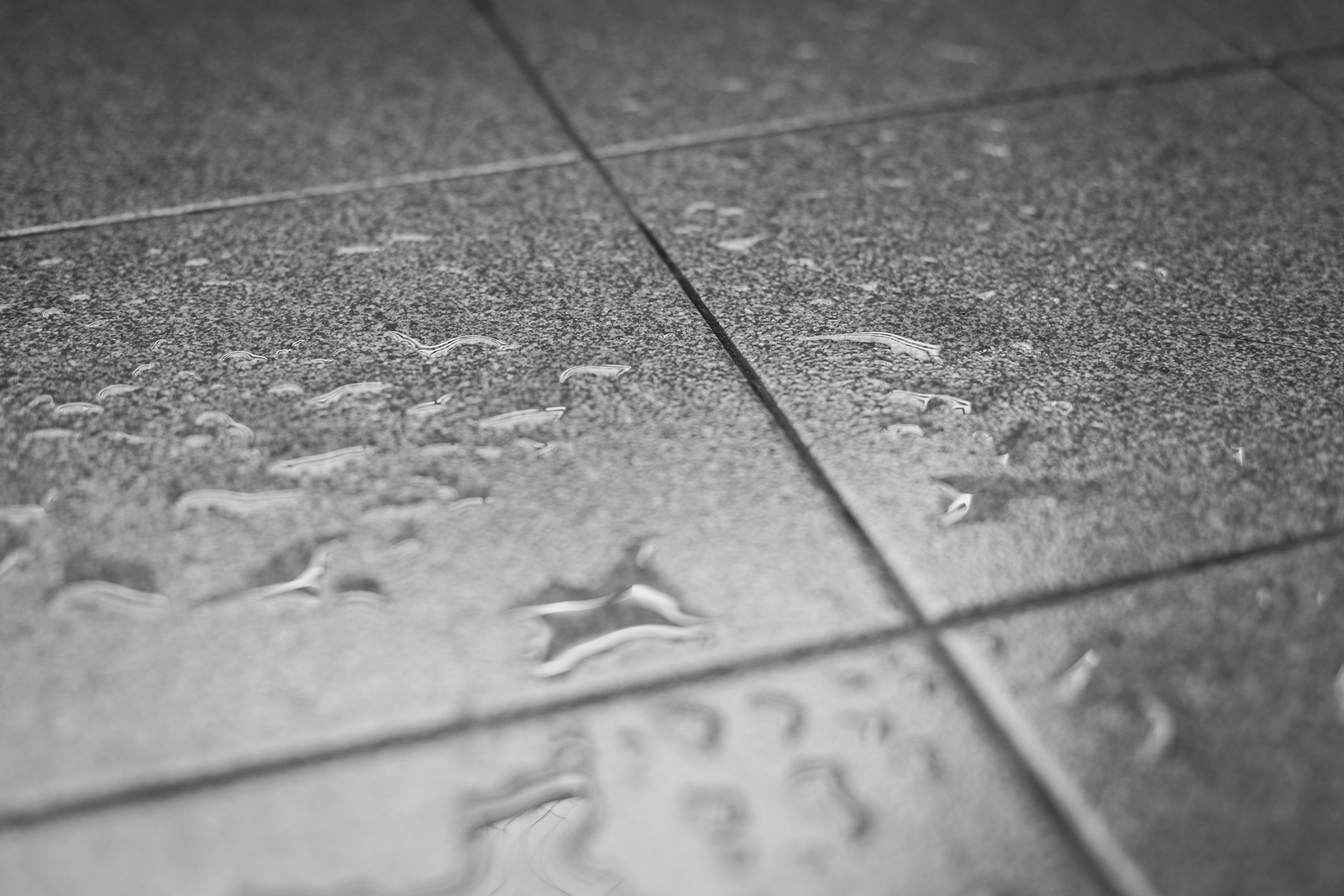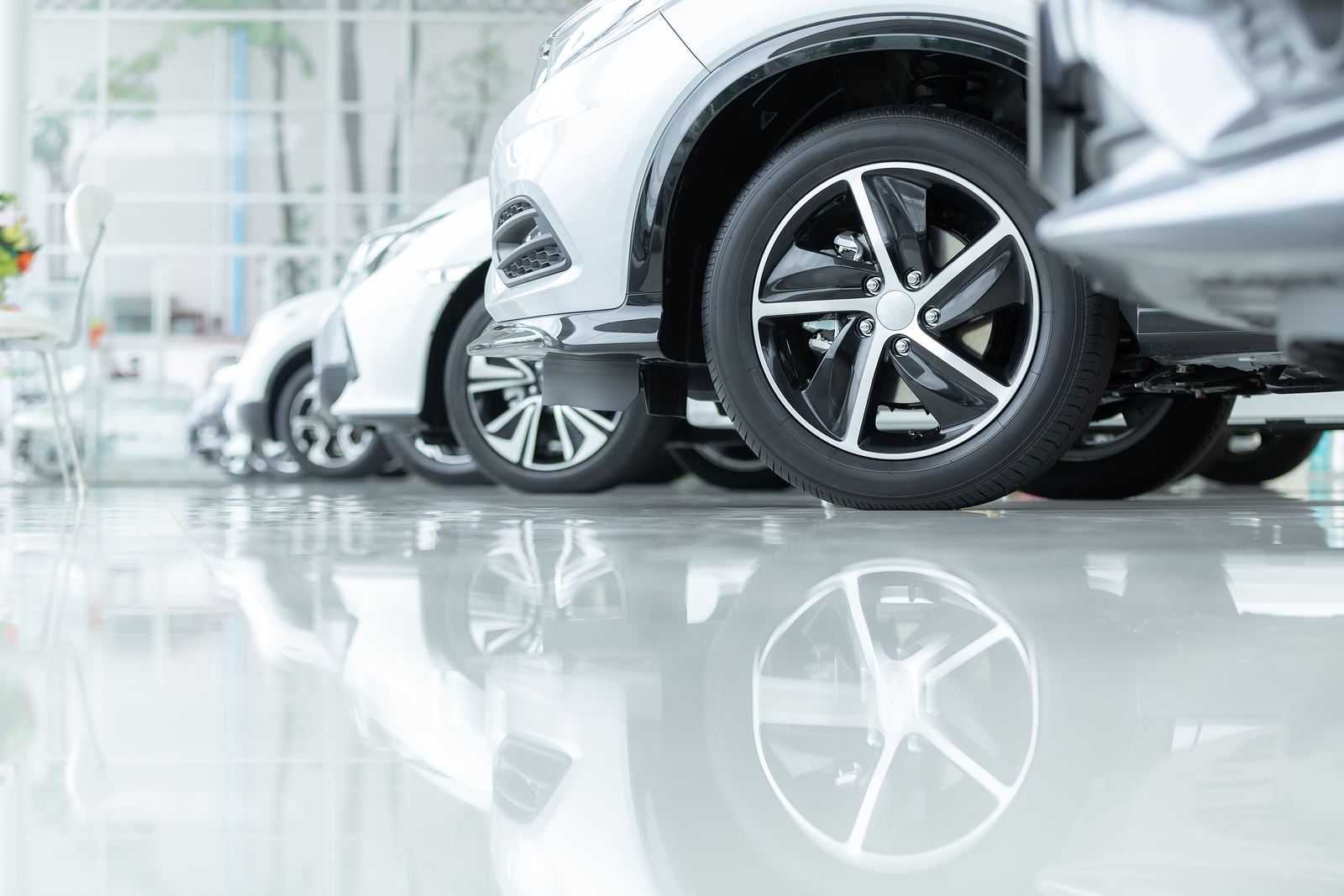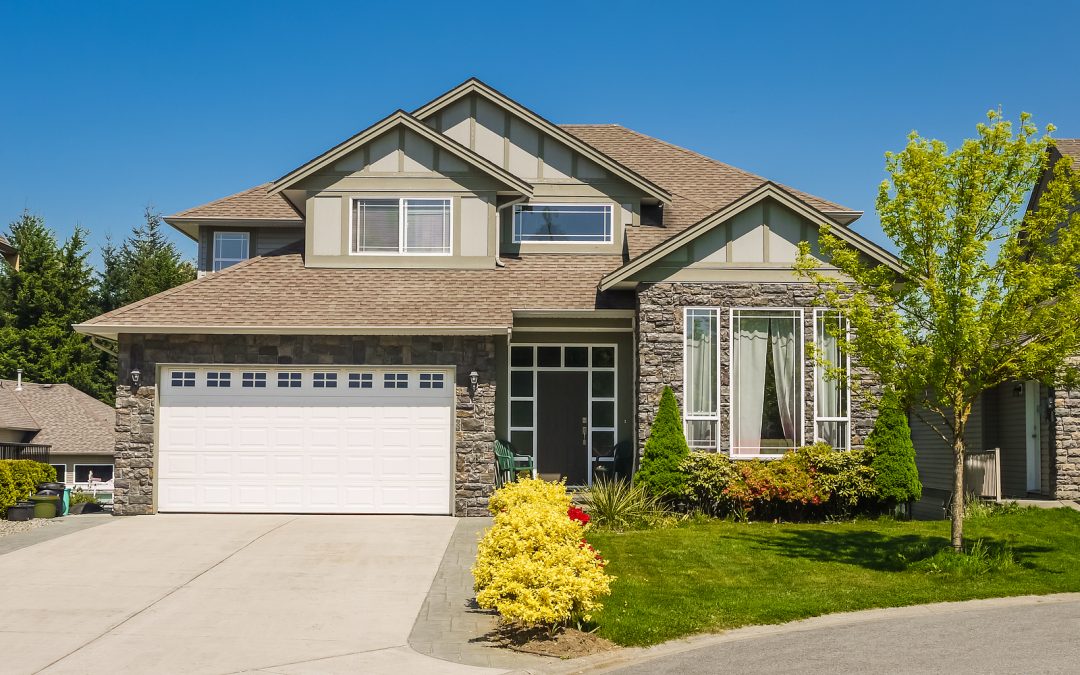Have you ever parked your car in the garage and taken a step out of the car… only to find that your garage floor is completely damp, slippery, and unsafe? Garage flooring has a tendency to get damp, especially during the spring.
But why?
We’re glad you asked. Garage floor condensation is the #1 reason for what many like to call “a sweating floor”, and for what we like to call a “moisture issue”. The types of garage floor coatings that are used can greatly affect this issue.
On particularly warm and sunny days, high humidity can hit a cool and cold concrete floor. This will result in the warm air rapidly cooling due to the cold concrete. If the air that is caught between the humidity and the cool concrete combine below the dew point, this air will condense on top of your garage floor!
The dew point identically affects a garage floor and a soda can. If you pull a soda out of the cooler on a hot sunny day, condensation collects on the can’s surface. When you think of it in the sense of condensation, a garage floor and can of soda are one and the same.
This is what causes sometimes damp, wet, and misty-looking concrete garage flooring.

Condensation on Garage Floor
Just in case you forgot:
The dew point is the temperature point where the air becomes completely saturated. To break it down, dew point is the temperature where the air can no longer hold the vapor, so some of the vapor has to condense into liquid. This point is always lower than or equal to the air temperature.
This is the point where you slip and take a tumble in your garage. Garage floor condensation isn’t a joke.
Can’t I just be careful when I walk on my garage floor? Well…it turns out a slippery surface is the least of your worries.
Excess moisture in the garage can darken the garage floor surface and leave it to look musty and unwelcoming. Once it evaporates it doesn’t just leave behind a dark stain, it leaves behind white mineral deposits, which a hard to get rid of.
A surface that stays wet for prolonged periods of time can breed mildew and mold that poses a threat to you and your family’s health. It can cause allergies and other more serious health issues.
All of your belongings are at risk when moisture collects on the surface on your floor. Water damage to appliances and other electronics are a large possibility and risk.
Additionally the moisture from your garage can creep into your home too. Moisture issues can permeate the structure of your home so much that in threatens the integrity of the entire structure.
This isn’t something you should brush off or hold off to a later time…get to the root of the problem so that you can effectively fix the issue.
Prevent Garage Floor Condensation
Climate is the culprit of moisture on the garage floor. Both hot and cold climates are impacted. Rapid temperature changes experience condensation.
Melting snow and rainwater and snow not only can leak into your garage, but it is on the car and transfers to the floor when parked.
Appliances like a washer and dryer can spew moisture into the air that is trapped inside without proper ventilation.

How To Control Condensation in Garage Floor
- Control Temperature. Stabilizing the temperature within the garage will prevent condensation from forming on the floor’s surface. Use a heater during cold months and an air conditioning unit during hot months to avoid rapid increases or decreases in temperature. It is important to avoid propane heaters because they expel a significant amount of water vapor into the air, which ends up on the floor.
- Vapor Barrier. A vapor barrier is plastic or foil that blocks moisture from diffusing through the wall, ceiling, floor, or roof.
Avoid installing this on the garage ceiling because it can trap moisture up there. It would be better to address the root cause of any leaks or moisture coming from the ceiling.
- Drainage. Drains on the garage floor and roof also need to function properly to avoid condensation issues. They can sometimes be covered, which can cause moisture buildup.
- Ventilation. A working ventilation system is critical in preventing moisture buildup. It helps regulate temperature, which is the root cause of condensation. Air flow is key.
If you notice condensation in your garage, and you have a ventilation system in place, you should clean the vents. Vents should be cleaned on an annual basis. A vent can become less functional when clogged with dirt and dust. Don’t let a dirty vent be the source of your garage flooring condensation.
- Dehumidifier: A dehumidifier is a good quick solution and temporary fix. Make sure you consistently drain it.
- Apply a floor coating. Types of garage floor coatings, like epoxy, are designed to mitigate moisture build up. With an epoxy coating, you can rest assured that moisture does not come from underneath the surface. If your household is struggling with condensation issues, rest assured it does not damage this surface. Multiples of these techniques can be used simultaneously to maximize the reduction of condensation.
How We Can Help Solve Your Garage Floor Condensation Moisture Issue
We are a dedicated team at Coral Spring Epoxy Pro. Not only will an epoxy coating mitigate and withstand your garage flooring moisture concerns, but it is a high-performance material that lasts for 30 years. We are your problem solvers… contact us today!


Recent Comments